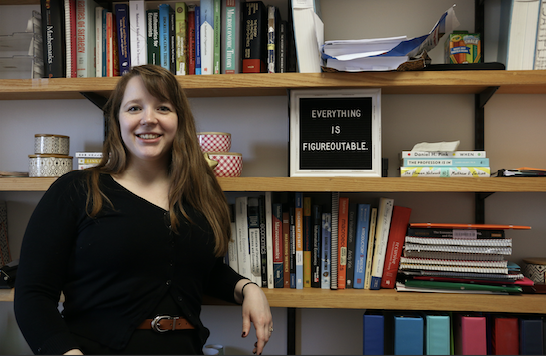By Nate Imbergamo
Between tuition, recreation, and textbooks, Saint Michael’s College can be an expensive place to attend. With these expenses in mind, it begs the question, what kind of knowledge do students have about their personal finances? Financial literacy is not a measure of wealth but rather it is how much one understands their own personal finances.
Dealing with personal finances is something that all college students will inevitably encounter. Business, accounting, and economics majors often take classes throughout their time at St. Mike’s that may allow them to gain more financial literacy. Although these majors inherently include financial literacy, other majors at St. Mike’s may never cover even the most basic concepts of finance.
Outside of classes associated with minors, is the personal finance class taught by professor Thomas VanDzura, instructor of accounting. “From their vantage point they found this to be a life skills course,” said prof. VanDzura about students’ views on the personal financial planning course. The personal finance course is available online over the course of six weeks in the summer and teaches students the basics of personal finance such as budgeting, renting, and various types of insurance to purchase.

Allison Luedtke, Assistant Professor of Economics next to the letter board in her office in St. Edmund’s Hall. Luedtke reccommends using budgeting apps as step one for finacial literacy.
But what if you can’t take the class? For students that are inevitably unable to take the personal finance course, “Organization can be more than half the proverbial battle,” says prof. VanDzura. While there is a course specifically for personal finance, students possess other ways to become financially literate.
“The first thing you should do is find a budget app…those are really good for building a budget, which is step one for financial literacy,” says economics professor Allison Luedtke. There are many budget apps students can download for free on their phones. “Mint” is one of those apps and it comes from Intuit, the same company that created “QuickBooks” and “TurboTax”. While there are many budgeting applications, “Mint” has the most personal finance management merit behind it.
“Your focus right now in your early to mid-twenties should be figuring out what you love,” said prof. Luedtke when asked about college spending such as recreation and travel.
A common misconception is that being good with personal finances means one limits their spending greatly. “The intent of budgeting is not to say you can’t treat yourself. You can, but you just want to track it and monitor it so you can do it wisely” says prof. VanDzura on the topic. By tracking and observing your personal finances as they are now, you will be able to see if you have room to spend or alternatively, if you need to reduce expenses.
Financial literacy can be overlooked by many students due to its seeming complexity but, simply being observant of current spending habits is a huge step to becoming financially literate.

